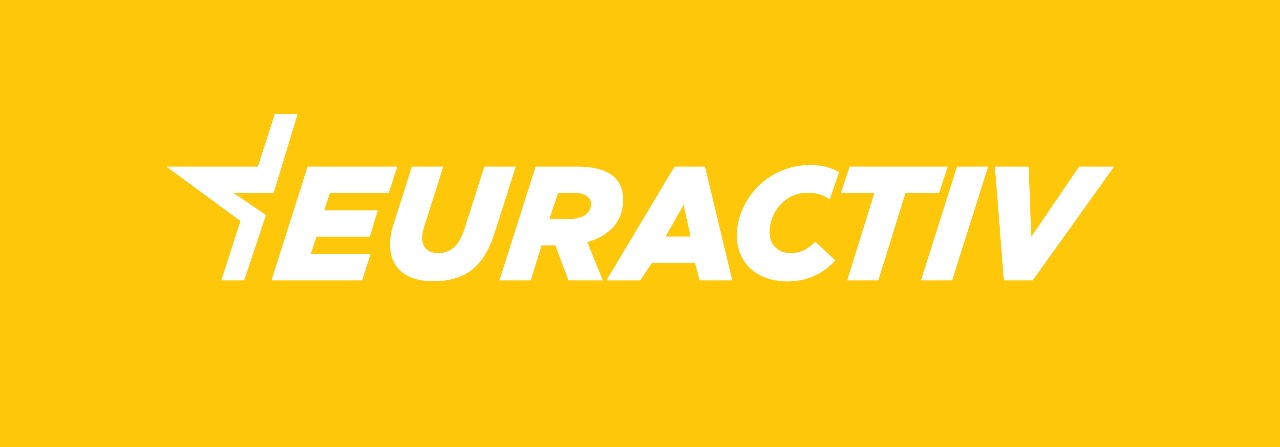France seeks backing for EU-financed nuclear projects of common interest
French Economy Minister Bruno Le Maire said he would convene a meeting of pro-nuclear EU countries on 4 March to discuss the launch of an “Important Project of Common Interest (IPCEI)” in the field of nuclear power.
Le Maire made the announcement on Wednesday (21 February) on the sidelines of a ceremony in Paris to mark closer cooperation on nuclear energy between France and Bulgaria.
France will “put on the table the idea of having an Important Project of Common Interest (IPCEI) on the nuclear field,” Le Maire said at the ceremony.
IPCEIs were introduced in 2014 to support strategic projects involving several EU countries. They are typically focused on cutting-edge technologies or industries that are crucial for the EU’s future and often involve a combination of public and private funding, with the EU providing financial support.
Crucially, projects with IPCEI status benefit from relaxed state aid rules, allowing EU countries to finance them with the blessing of the European Commission’s competition authority.
EU funding for nuclear power is controversial. Countries like Austria are categorically opposed to it, saying the EU budget cannot be used to finance nuclear projects.
An IPCEI in the nuclear sector has been on the table since the Commission confirmed in early February that a European industrial alliance for small modular reactors (SMRs) would be launched shortly.
Many of these projects already exist in the hydrogen, battery, or solar power sectors, and they also follow the creation of industrial alliances in these areas for development on a European scale.
“This is important because state aid is a means of de-risking projects and lowering the cost of financing,” explains Valérie Faudon, general delegate of the French Nuclear Energy Society, a nuclear advocacy association.
On the nuclear front, areas of cooperation are still “up for discussion”, Le Maire’s office told Euractiv France. These could include “research infrastructures, fuel cycle, SMRs…” it says.
As to whether the European Commission might be receptive, he says that discussions are “really preliminary” at the moment.
In confirming the launch of a nuclear industry alliance at the beginning of February, the European Commissioner for Energy, Kadri Simson, also stated that she aimed to deploy the first SMRs in Europe by 2030.
The proposal will be officially put forward by Le Maire on 4 March at a meeting of the Nuclear Alliance, an informal grouping of a dozen EU countries with an interest in developing the technology.
Together with the UK, the members of the alliance declared last May that they wanted the EU to have 150 GW of nuclear power generation capacity by 2050.
The meeting of the nuclear alliance will take place on the sidelines of an Energy Council in Brussels bringing together the ministers of the 27 EU member states.
Le Maire, whose economy portfolio was broadened to include energy in the last French government reshuffle, is expected to take part, perhaps alongside his Minister Delegate for Energy and Industry, Roland Lescure.
Bulgarian nuclear ambitions
Meanwhile, France and Bulgaria signed a declaration of intent to establish joint cooperation in the field of nuclear energy.
The document was signed in Paris on Wednesday (21 February) by Bulgartian energy minister Rumen Radev, who was part of an official delegation led by his Prime Minister Nikolai Denkov. The Bulgarian leader had earlier met with French President Emmanuel Macron.
Bilateral cooperation between France and Bulgaria stems from the need for “energy security” and a reduction in Bulgaria’s dependence on Russian energy sources, Le Maire said.
The aim is to facilitate exchanges on the two country’s respective nuclear programs – including small nuclear reactors and advanced reactor technologies –, the industrial and procurement process, safety and maintenance regulations, fuel supply and management, research and development and manpower.
“We are sharing our understanding for our future, but also for our safety, for our competitiveness,” Radev said.
At the end of 2022, the country secured the services of French nuclear fuel supplier Framatome, with a view to becoming independent of Russian fuel by 2025.
Bulgaria currently has two nuclear reactors in its single power plant, covering more than 30% of the country’s electricity needs. At the end of 2023, the country agreed to build two additional reactors with the American company Westinghouse.
The country has also reportedly not given up on the idea of building two more reactors as part of a new power plant, even though the original contract was with Russia.
“In addition to nuclear power, we discussed potential cooperation in the field of hydroelectric power. As you know, Bulgaria and Romania are starting up a very large hydroelectric plant on the Danube. We expressed our interest in cooperating with France on this project,” the Bulgarian minister said in Paris.
Cover photo: During the ceremony, Mr. Le Maire also declared that he would "put on the table" at the next meeting of the nuclear alliance "the idea of having a project of common interest (PIIEC) in the nuclear field". [Union européenne 2023]


